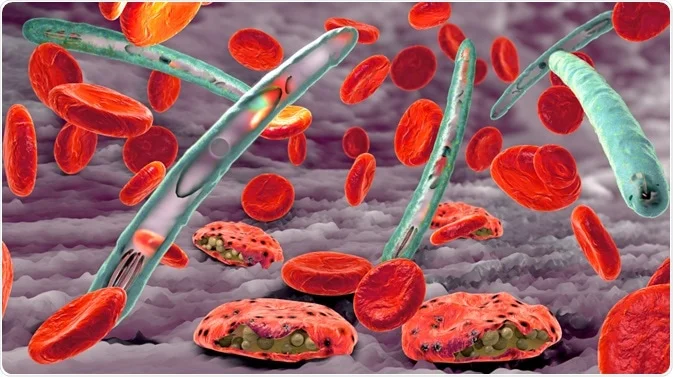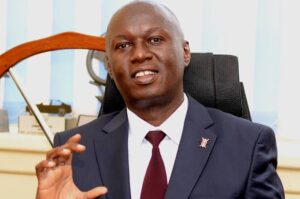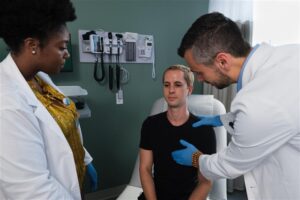Cerebral Malaria Victims want the MOH Invest Largely in the Disease

Cerebral Malaria affected victims want the Ministry of Health established by the new government to Invest largely in the disease, victims wailing they have for a long time been left out as patients suffering from fatal diseases.
The victims have appealed to the new government to consider listing the disease as one of the most dangerous diseases in order to take the disease with a lot of seriousness in medication and sensitization.
Gombi Mugweru 21, a student from Kenya Institute of Mass Communication (KIMC) Nairobi was diagnosed with cerebral malaria at the age of 4 years, she says the disease is very intense and can lead to a person committing suicide.
“When research is done on malaria the Government always generalized by focusing more on normal malaria, but we, the patients suffering from cerebral malaria are the ones going through a lot for instance when a patient is hallucinating as one of the main symptoms there are many misconceptions that come from the public who are not sensitized about the disease “Said Gombi.
Having suffered from the disease at a young age, Gombi’s parents made various attempts to seek medical attention and ensure she gets cured but to their alter disappointment it was never possible until now she is a teenager forced to grow accustomed to the disease.
“When the sickness commences, I began to act very weirdly, sometimes I could gain a lot of strength from nowhere forcing me to do abnormal staffs because at that time my brain thinks the opposite of doing the right thing, I could touch a weapon such as a knife in the house with an urge to cut myself”. Said Gombi.
Gombi painfully recalls various accounts when she could break her phone without noticing while pouring water on herself, and even at times wanting to commit suicide, without noticing.
Back in primary and secondary school Gombi also recalls when the disease could start when she is in class, Gombi could turn Into a crazy girl in front of her fellow students forcing the class teacher to take her to the hospital.
“The disease can really embarrass you because you do things that are similar to what a mentally ill patient would do, there are also many instances that I missed a series of studies because once it strikes my parents had to come and take me home until my health stabilizes”, She said.
Gombi reveals the disease is very fatal and thus needs a lot of monitoring because it affects the brain of a person, she cites the main challenge of undergoing the disease is being far from the guardian she however has been able to manage it because of being close to her family and having a personal doctor who is very reliable.
According to Caleb Oketch, A General doctor and Cardiovascular Surgery Resident from Kenyatta National Hospital, Malaria is global health concern mostly in tropical environments, Cerebral malaria is the most dangerous type of disease.
“This is serious neurological complications induced by infections with Plasmodium. fulcrum also known as malaria for it affects largely the brain However, Retinopathy induced from malaria can serve as diagnostic for cerebral malaria”, Said Doctor Oketch.
Doctor Oketch stated signs and symptoms of the diseases, the patient might experience Hallucinations, Muscle pain and altered state of conscienceless, Fix jaw and tooth grinding, Seizers enlargement of liver and spleen, jaundice, bleeding and severe anemia, the patient cannot localize a painful stimulus.
‘The treatment is Supportive nursing care, Various antimalaria treatments, the anticipation of complications, Aggressive treatment, and Intensive care, however, if the disease is left untreated it can be very fatal and at times it may lead to the death of the patient ”. Said Doctor Oketch.
Statistics from the World Health Organization (WHO) indicate around 1 percent of children in the world are infected with P.falcum( cerebral malaria)daily.
The mortality rate in the world is at 20 percent of adult death and 15 percent of childhood deaths while 11 percent experience long-term damage by the disease.
By Sophy Okwiri





